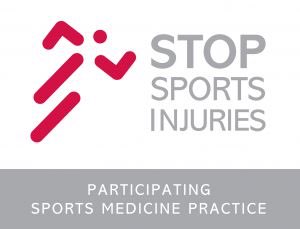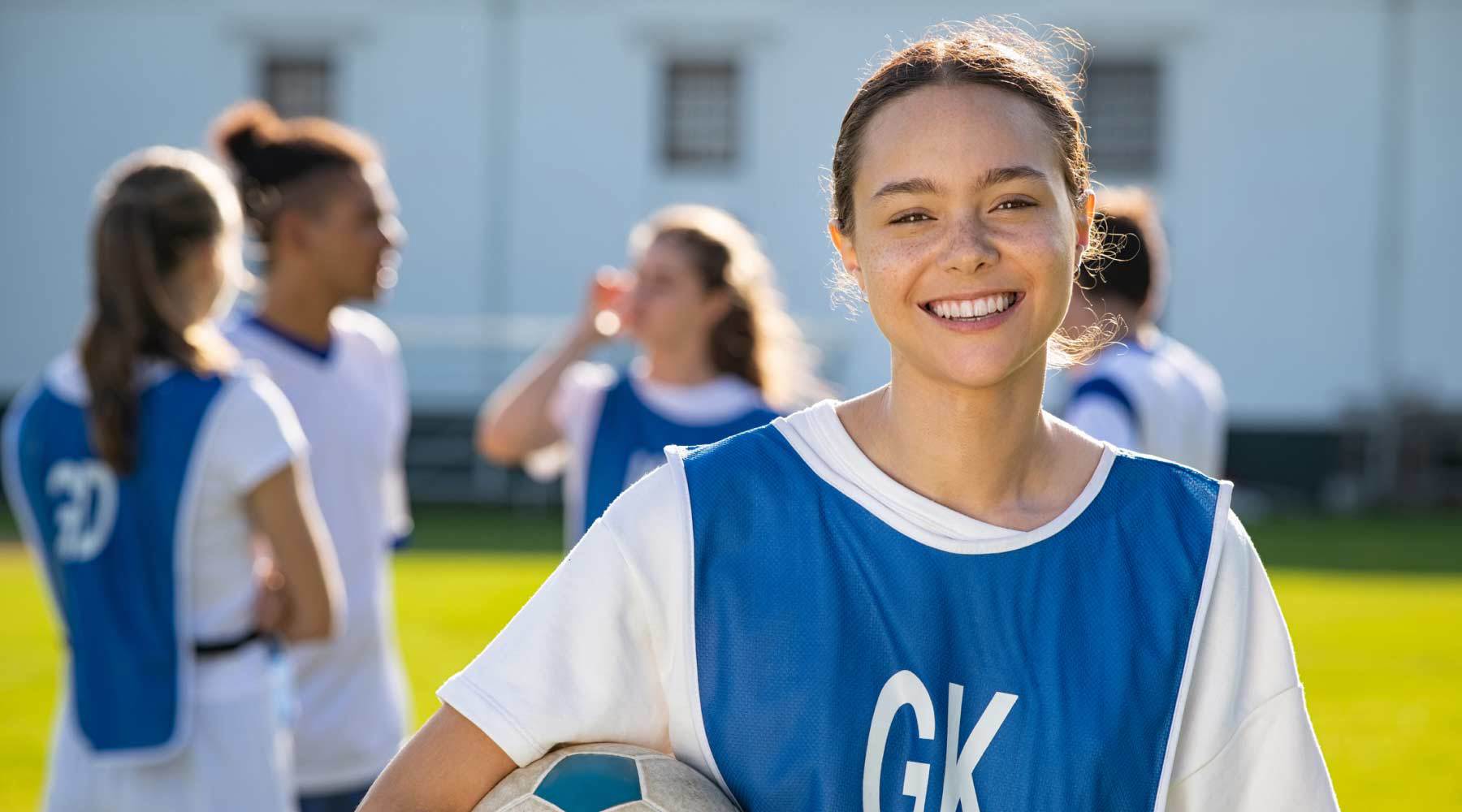Exeter, NH – It’s summer in New Hampshire and soon enough high schools across the state will be kicking off fall sport tryouts, workouts, and practices. Although the lazy days of summer are just underway, students soon must ramp up quickly to ready themselves for competitive matchups and rivalries in all fall athletics. These include those that produce some of the higher injury rates in scholastic sports, namely football, field hockey, soccer and cross country. This dangerous combination of de-conditioning coupled with the short preseason of fall athletics is a recipe for many injuries.
According to the Centers for Disease Control and Prevention (CDC), high school athletes account for an estimated two million injuries, 500,000 doctor visits and 30,000 hospitalizations each year. Not only are youth athletes injuring themselves playing sports more often, but the types of injuries and the magnitude of injuries that we are seeing have changed. More youth athletes are suffering from injuries that previously would have only been seen in professional level athletes. Overuse and serious acute injuries are becoming more common. As the intensity and demands of youth sports continue to rise, young athletes are more vulnerable than ever to these types of injuries.
 Access Sports Medicine continues to partner with the American Orthopaedic Society for Sports Medicine (AOSSM) along with several other national organizations in the STOP Sports Injuries Campaign. The STOP (Sports Trauma and Overuse Prevention) Sports Injuries Campaign was created by a network of organizations and corporations under the leadership of Dr. James Andrews to help prevent athletic overuse and trauma injuries in children. The goal of the campaign is to raise awareness of athletic injuries in athletes, parents and coaches, and educate all involved in methods of injury prevention and reduction. An added benefit is that by avoiding injuries, many athletes can sustain longer athletic careers while enjoying all the benefits of organized sports.
Access Sports Medicine continues to partner with the American Orthopaedic Society for Sports Medicine (AOSSM) along with several other national organizations in the STOP Sports Injuries Campaign. The STOP (Sports Trauma and Overuse Prevention) Sports Injuries Campaign was created by a network of organizations and corporations under the leadership of Dr. James Andrews to help prevent athletic overuse and trauma injuries in children. The goal of the campaign is to raise awareness of athletic injuries in athletes, parents and coaches, and educate all involved in methods of injury prevention and reduction. An added benefit is that by avoiding injuries, many athletes can sustain longer athletic careers while enjoying all the benefits of organized sports.
There are some easy steps that youth athletes and their parents can take to help STOP sports injuries. Pre-participation exam physicals (which are required at most schools) are an important first step and evaluating a child’s health eligibility to play competitive sports. Most common overuse injuries result from the sudden increase of activity in intensity and/or duration. Cross-training and fitness training during the off-season help the body become acclimated to vigorous athletic activity which can effectually minimize the stress on the body at the start of a season. Also, ImPACT Baseline Concussion Testing should also be a part of every athlete’s preseason schedule. Youth athletes are especially vulnerable to serious head injuries, and neurocognitive testing can help ensure a player’s safe return to sports following a concussion.
Once an athlete is engaged in competitive play, careful stretching and cool-down should be a regular part of the game-day routine. With every sport, correct form and technique should be taught, encouraged and reiterated to youth athletes. Proper hitting form and techniques, core strength and body positioning will help reduce the likelihood of an overuse or traumatic injury. Coaches and parents should make sure that their athletes are properly fitted with uniforms, pads and helmets. Athletes should speak regularly with a certified athletic trainer or sports medicine physician if they or their parents have any concerns about injuries or injury prevention before beginning any fitness program.
Sports injuries are a problem with youth sports in this country. But by spreading the word and helping to educate our communities, we can all help to STOP Sports Injuries.
Dr. Josh Siegel is the Director of the Sports Medicine and Arthroscopy programs at Access Sports Medicine & Orthopaedics. He trained directly under Dr. Jim Andrews at The American Sports medicine Institute in Birmingham, Alabama. He has affiliations with the US Olympic Committee, the US Ski and Snowboard Team, and has covered USGA and PGA events. He is team physician for Phillips Exeter Academy, in addition to Exeter, Winnicunnet, Portsmouth and other regional high schools. For more information about how to help STOP Sports Injuries in youth athletes or to make an appointment with Dr. Siegel, call 603-775-7575 or visit www.accesssportsmed.com. To take the pledge to STOP Sports Injuries or for more information about the campaign visit www.stopsportsinjuries.org.



